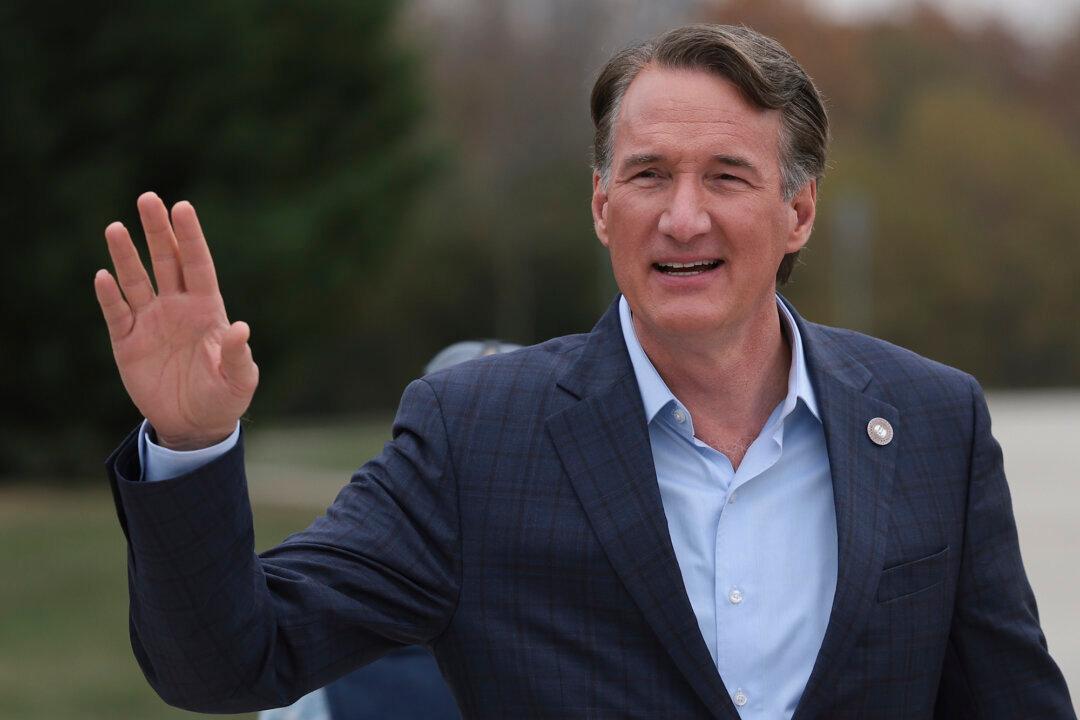Virginia Gov. Glenn Youngkin vetoed dozens of bills late Friday, just before the midnight deadline when those measures would have automatically become laws.
Of the hundreds of final bills the Democrat-majority General Assembly delivered to his desk before going into recess two months ago, the Republican governor sent back 115 with his own amendments. The majority of those recommendations have been accepted, but lawmakers rejected dozens of vetoes.





